Why now, more than ever, we need to get organized
Today, we might have far better computers, methods and tools to get things done, but we’ve also burdened ourselves with an absolute slew of additional tasks and distractions which, like them or not, have become part and parcel of modern life.
I’m talking, of course, about online and social media in all its forms and the absolute ease with which we can access any one of millions of online data sources and services. All are vying for your time and most of us tend to give it willingly, whether or not that time is productively spent. It’s worth keeping a close eye on these distractions because too many of them, and relationships, work and health can suffer. And that’s why it’s important to get organized (and yes, easily said, harder done).
There’s also a big lesson to be taken from social media and other consumer platforms. What they do extraordinarily well is to make highly complex systems super easy and fun to use. They are accessible from any device. Logging in and out is child’s play; actually, it’s grandma’s play. They also bring about an expectation of immediacy: we all expect things to be done faster and more accurately. And it creates a further expectation: that the tools we have at work should be as good as the ones we use all the time in our private lives (the so-called consumerization of technology).
Here’s a good example of someone who decided to get organized in order to save time. When was the last time you used a ballpoint pen? The British call them ‘biros’, and that goes back to a Hungarian fellow named László Bíró. Frustrated by time wasted filling fountain pens, and the smudges they left, he developed stickier ink for ballpoint designs. Getting organized with better tools saved this newspaper editor a ton of time (it also made him rich and famous).
Digital tools to squeeze more time into the day
Now, while better tools are definitely part of getting organized, there are a couple of crucial first steps, which you’re probably already well-aware of. Judicious use of social media and other distractions (the news, Solitaire, Candy Crush, etc, etc) depends on personal responsibility, primarily. At a company level, it’s a pretty good idea to have some sort of policies in place as a precursor and ‘helping hand’ for personal responsibility.
At the same time, I’ll freely acknowledge that times have changed for the better in terms of how people are managed. ‘Command and control’ isn’t a thing anymore, and nor is wielding the ban hammer an appropriate response. All you’re likely to achieve is alienating and annoying your employees (remember, social media is so addictive that people will happily ignore their spouses, children and that light pole they just walked into). So, some sensitivity is definitely a good idea.
On digital tools, though, there are plenty of free tools available to get organized and leave more time for the ‘new’ things we feel we have to do. Try, for example;
|
|
Helping you get (even more) organized
Now, for the fenestration industry, the focus is currently on using “better tools”. These can help get all your business intelligence into one place, so you know what needs to be done while minimizing blockages. The goal is to simplify, not complicate the process, which is easier said than done. As we’ve adapted to social media and digital tools in our personal lives, our industry is also changing with digitization. The value for today’s manufacturers is based on data-driven, cloud-enabled and platform-centred ecosystems.
As you know, windows and doors can be very complex, if not individually, then certainly when you’ve got a catalogue of hundreds or even thousands of designs. The rabbit hole very quickly becomes a warren. So, for just about every business in our industry, design, estimation and manufacturing software will help considerably with getting organized, but they are all just one part of a much bigger whole. If you really want to get organized, automating your processes and moving towards a business model in which all your data is in the cloud, for example, will have benefits across the entire value chain. You can read further about the advantages of cloud hosted software here.
For more ideas, check out this list of trends in manufacturing by my colleague Ray Imbrigiotta. A number of them relate to getting organized not only on the shop floor, but also in the broader business.
